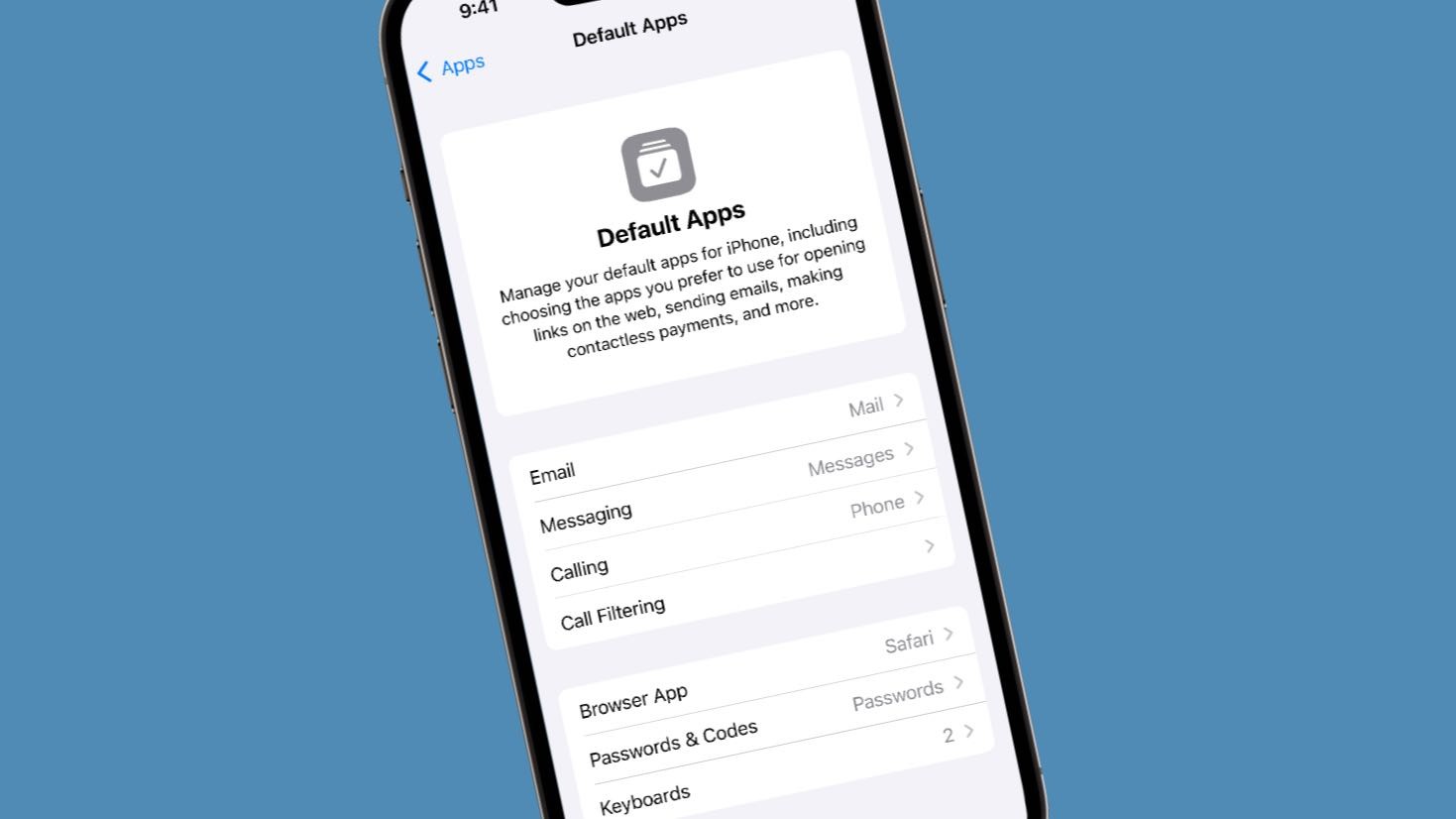
In a surprising move, Apple has announced that users worldwide will soon have the ability to change their default phone and messaging apps on iPhones. This feature, initially thought to be exclusive to European Union users, will be available globally with the release of iOS 18.2.
A New Era of Customization
The upcoming iOS 18.2 update introduces a dedicated section in the Settings menu for managing default apps. This new area will allow users to customize their iPhone experience by choosing their preferred apps for various functions, including:
- Calling
- Messaging
- Web browsing
- Password management
- Keyboards
This change represents a significant shift in Apple's traditionally closed ecosystem approach, offering users more flexibility in how they interact with their devices.
Beyond EU Regulations
While this move aligns with European Union regulations, Apple's decision to extend these options globally demonstrates a commitment to user choice across all markets. It also helps maintain consistency in the iPhone experience worldwide, preventing a potential divide between European and non-European devices.
Availability and Access
The new default app options are currently available in the iOS 18.2 developer beta. However, it's worth noting that this beta is only accessible on devices supporting Apple Intelligence, which typically includes models from the last two years.
Once iOS 18.2 is officially released, expected in December, all iPhones compatible with iOS 18 should have access to these new customization options.
A Step Towards Openness
This update marks a significant departure from Apple's previous stance on default apps. By allowing users to choose their preferred calling and messaging apps, Apple is embracing a more open approach to its ecosystem.
As the tech industry continues to evolve, this move could signal a broader trend towards increased user choice and customization in mobile operating systems.